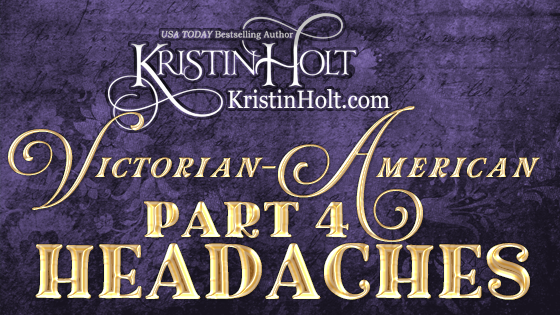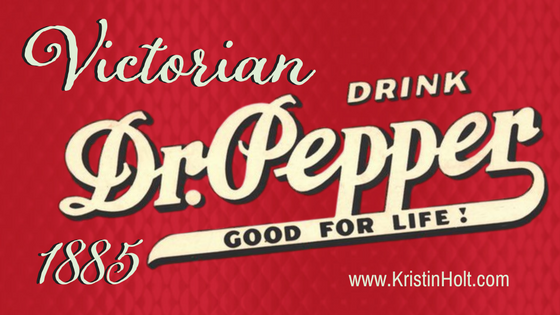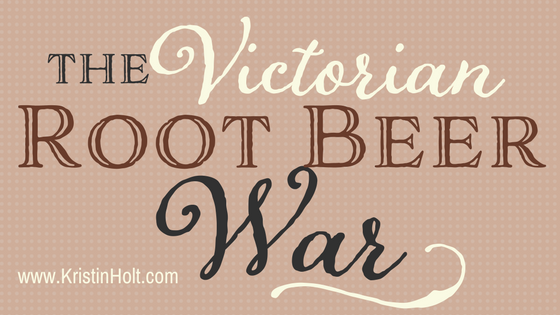
by Kristin Holt | Oct 16, 2019 | Articles
Part 4 of an 11-part series: Victorian-American Headaches. Explore five decades’ worth of advertisements for various headache remedies. Powders, capsules, tablets, beverages, and pills. Apparently remedies were gaining traction and becoming popular–though none of them contained a 19th-century chemistry breakthrough–Aspirin.

by Kristin Holt | Jun 8, 2018 | Articles
Beyond the obvious beneficiaries of the Calico Ball craze (mid- to late-nineteenth century United States)– the needy who received the once-worn dresses (or suits of clothes), who else benefited?
I suggest a short list of Hidden Beneficiaries. Who else can you identify?

by Kristin Holt | Feb 6, 2018 | Articles
Rotary Egg Beaters are an American Victorian invention–and came along early enough to make a significant difference to home cooks…early enough for homemade Angel’s Food Cake! So why, then, do so many recipes insist upon beating the egg whites by hand–for a full hour? Why not use the newly patented, amazingly successful invention?

by Kristin Holt | Aug 6, 2017 | Articles
Dr Pepper was born in 1885–FIRST of national soda flavors–a result of Victorian ingenuity and creativity, in Waco, Texas. Vintage newspaper ads show the soda fountain beverage’s claim to natural, healthful medicinal value–while strictly claiming an absence of all harmful substances. I discovered interesting details I’d never heard before… Perhaps you will, too!

by Kristin Holt | Jul 27, 2017 | Articles
Hires Root Beer, from its debut in the mid-1870s, was sold as a refreshing beverage (with no medicinal expectations). The name, chosen by Charles H. Hires, to appeal to tough coal miners, who’d never find “root tea” attractive, ended up causing Hires Co. a bit of trouble with Women’s Christian Temperance Union (WCTU). Who knew that “beer” in a name, and the common knowledge that root beer extract was percolated with alcohol (though the finished drink had no more than a whole loaf of homemade bread), to cause banning of the beverage?













